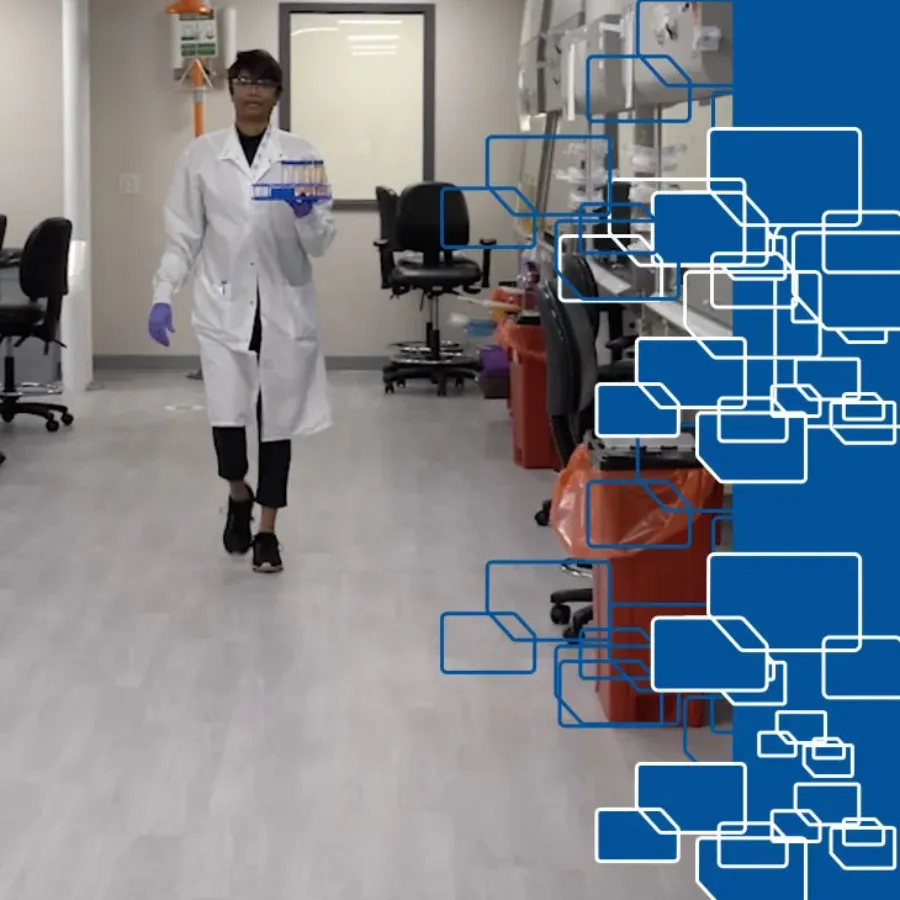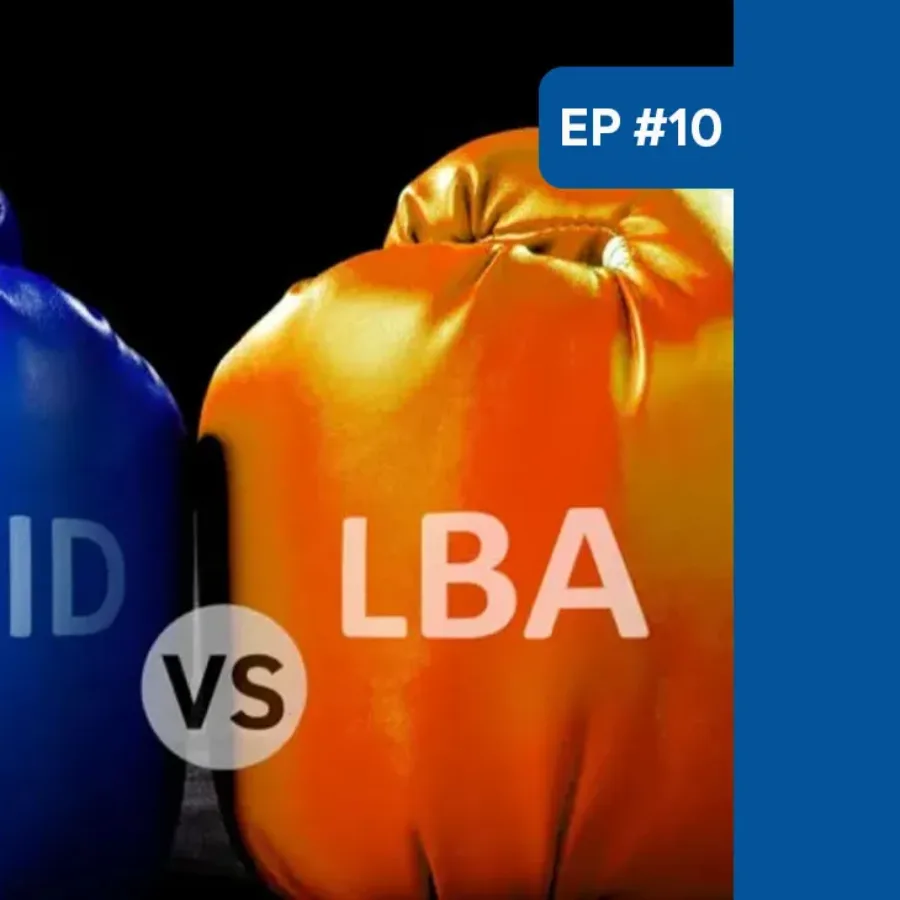 Blogs
Blogs
Those of you attending the 18th annual WRIB meeting in San Antonio, TX are invited to attend a poster presentation being given by members of the KCAS Bio team: Jack Rogers, Jessie Allen, Yoka Thomas, and Cheikh Kane. This project developed and characterized a novel algorithm for automated ISR selection…
 Blogs
Blogs
Leonard Herzenberg: The father of modern flow cytometry Leonard Herzenberg was one of the most influential immunologists of his time. Committed to interdisciplinary collaboration and innovation, he would bring together physicists, biologists, and clinicians to tackle some of the most challenging questions in immunology. His pioneering groundwork laid the…
 News
News
KCAS Bio continues to expand its global reach and has selected Crux Biolabs (Melbourne, Australia) as its partner in providing harmonized spectral flow cytometry across the US, Europe, and Australia. The alliance enables KCAS Bio and Crux Biolabs to support the global needs of clinical research by offering advanced spectral…
 Blogs
Blogs
Arguably the most groundbreaking new opportunities for the treatment of disease and injury are Cell and Gene Therapy Products (CGTP) or what the European Medicines Agency (EMA) call Advanced Therapy Medicinal Products (ATMPs). EMA has broken down ATMPs into three main types: At KCAS Bio, we…
 Podcasts
Podcasts
For episode #76 of “The Weekly Bioanalysis”, Dom and John talk about the popular topic of GLP-1 Analogues – these series of recent blockbuster drugs with multiple applications, as well as some of their bioanalytical challenges. First, the guys go over a little bit of the mechanism of action of…
 Blogs
Blogs
KCAS Bio is attending CYTO2024, the 37th annual Congress of the International Society for the Advancement of Cytometry in Edinburgh, Scotland! A great occasion to explore the latest advancements in cytometry science and to discuss our flow cytometry services with the community. At this edition, Alessandra Roberto, PhD…
 Blogs
Blogs
Dawn Dufield, PhD is the Scientific Officer for Mass Spectrometry and has been with KCAS Bio since 2018. Before joining KCAS Bio, she worked in the quantitative large and small molecule LC-MS/MS field for Pfizer for over 20 years. Dawn has been a pioneer in the Hybrid LCMS field and…
 Videos
Videos
Get a glimpse behind-the-scenes at the KCAS Bio – Philadelphia lab dedicated to flow cytometry. KCAS Bio’s Purpose-built Facilities Dedicated to Flow Cytometry ———- When it Comes to Flow Cytometry, KCAS Bio has all the Right Tools ———- KCAS Bio’s Flow Cytometry Specialists Are Part of Your…
 Videos
Videos
Dom & Dawn’s Opinion on the CRO Industry? Click here to view the entire series.
 Videos
Videos
Do You Feel that Many Bioanalytical CROs are Quick to Cover All of These Technologies? Click here to view the entire series.
 Videos
Videos
What are Some Scenarios Where More Than One Approach is Needed? Click here to view the entire series.
 Videos
Videos
Do You Have Examples of When You Started with One Testing Platform and Switched to Another? Click here to view the entire series.